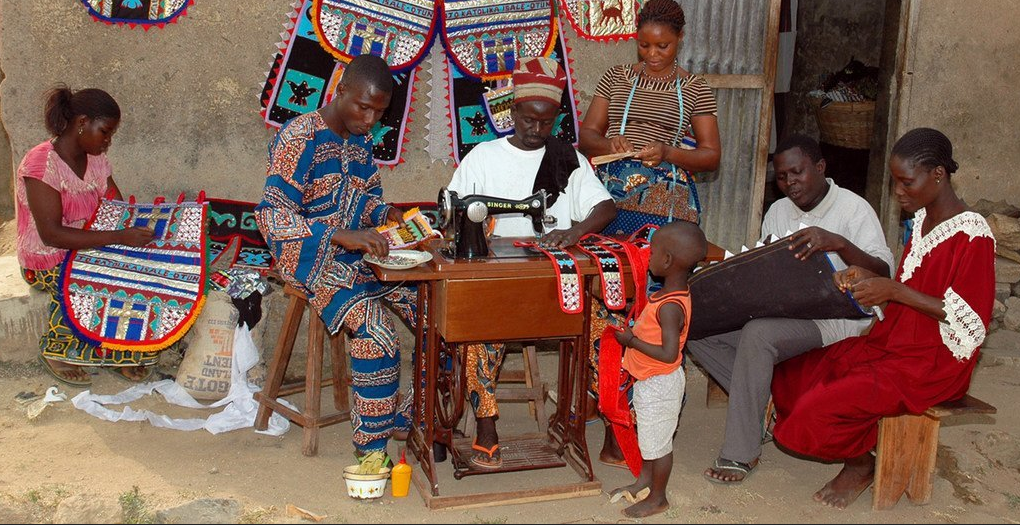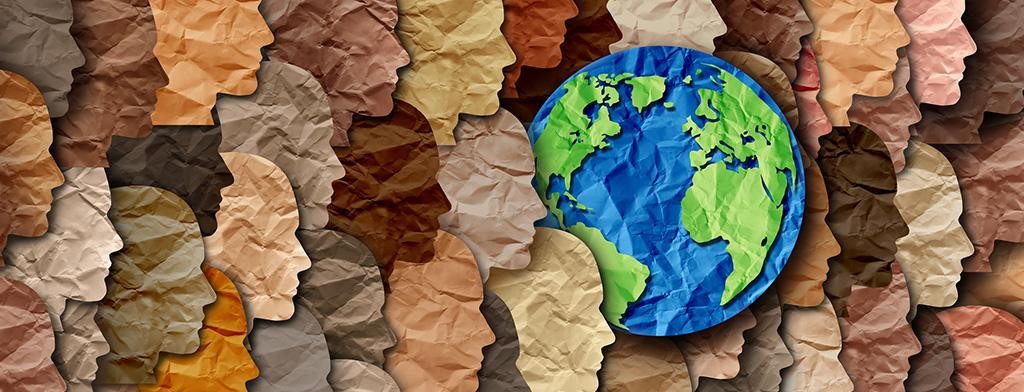Imagine learning to greet someone in their native language or tasting a new dish for the first time. These experiences, though simple, can provide an exciting way for people to experience new cultures and develop global competence.
In today’s interconnected society, embracing cultural exchange provides us with a unique opportunity to explore different cultures firsthand and promote global understanding. Cultural exchange involves the reciprocal exchange and engagement of beliefs, languages, customs, traditions, and artistic expressions among various societies or communities. This promotes the exchange of values, ideas, and practices, often fostered through different mediums, including education, trade, travel, and technology.
Cultural exchange has proven to be a powerful tool for promoting understanding, appreciation, and tolerance of diversity. This, in turn, enables people to broaden their perspectives and develop empathy towards others, thus breaking down barriers between cultures and promoting global peace. At the heart of this are cultural exchange programs.
Cultural Exchange Programs
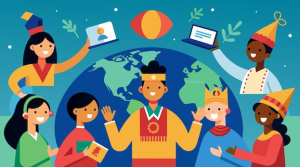
As earlier mentioned, cultural exchange occurs when individuals of different cultural backgrounds share values, ideas, and feelings to foster mutual understanding. Cultural exchange programs, on the other hand, simply offer the formalized framework for this process to occur. In practice, cultural exchange programs see two individuals from different cultural backgrounds visit each other’s country. Aside from broadening understanding, cultural exchange programs aim to reduce stereotypes and misconceptions, opening hearts and minds to other ways of life. As a result, they serve as key components for promoting global understanding and fostering peaceful relations among nations.
These exchanges take many forms, from educational exchanges, youth and student programs, and international work placements, to art and cultural festivals. Each is tailored to suit different goals, interests, and/or age groups. For instance, educational exchange programs, such as study abroad initiatives, offer students an opportunity to attend classes in a different country and experience life as a local student. Similarly, youth and volunteer programs let participants work within communities and engage in hands-on projects that provide meaningful contributions while fostering cultural learning. In professional and work exchanges, individuals gain international job experience, and arts or sports exchange programs help celebrate creativity and shared passions across borders. Each program type is unique, but they all share a common objective; to bridge cultures, create meaningful relationships, and inspire a more inclusive worldview.
How Cultural Exchange Programs Foster Understanding
One key impact of cultural exchange programs is their ability to promote cross-cultural understanding and tolerance. This is considering that, when individuals from different cultural backgrounds share experiences and engage in open conversations, they begin to see beyond stereotypes and assumptions, understanding others as individuals with their own unique values, beliefs, and traditions. As a result cultural exchange programs actively break down barriers and foster empathy, which are key ingredients for enhancing tolerance and peace across the globe.
1. Dismantling stereotypes and prejudices
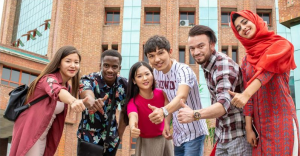
Cultural exchange programs help create environments where participants can actively engage with new cultures, thus challenging their preconceived notions. Participants get a firsthand experience of how other cultures think, work, and live, as opposed to relying on media portrayals or secondhand accounts. By engaging in such programs, it becomes more evident to participants that cultures extend beyond simplified assumptions or stereotypes.
When individuals see the beauty in cultural diversity, they start questioning previously held biases and assumptions, prompting them to develop more open minds and a deeper appreciation for the richness of human diversity. For instance, an individual living in a highly individualistic society might better understand the value of collectivism after experiencing life in a community-oriented culture, where family and social bonds play a central role.
2. Promoting empathy through shared experiences
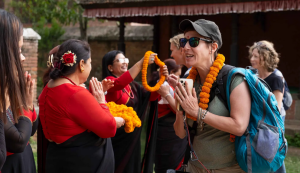
Shared experiences have proven to be one of the most effective ways for fostering empathy. Cultural exchange programs often encourage participants to live with host families, work alongside local communities, or collaborate in group projects. As a result, participants get an opportunity to immerse themselves in the daily lives of people from different backgrounds. Over time, these shared experiences lead to deeper empathy, allowing participants to see the world from multiple perspectives. They learn to appreciate different cultural norms and respect traditions that may initially feel unfamiliar or challenging.
3. Bridging cultures and creating a foundation for peace

In an era where conflicts tend to arise from cultural misunderstandings and distrust, there is an increasing need to embrace cultural exchange programs. These programs play a foundational role in bridging cultures by encouraging mutual understanding and tolerance. Participants who have developed an understanding of other cultures become advocates for cross-cultural cooperation in their communities. They share their experiences with friends and family and broaden the perspectives of those around them, thus creating ripple effects that reach beyond the individual experience. In addition, participants who experience cultural exchange are more likely to support diplomatic and humanitarian initiatives that promote intercultural cooperation.
4. Inspiring respect and appreciation for cultural diversity
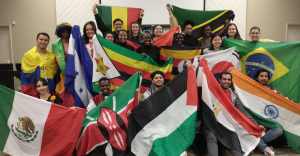
Lastly, cultural exchange programs promote respect for cultural diversity by reminding participants of the value different perspectives bring to the world. Exposing participants to new arts, customs, languages, and lifestyles can inspire curiosity and admiration, sparking a lifelong appreciation for the variety of human expression. Also, involving hosts and communities in the exchange programs ensures the respect is mutual as they also get to learn about the participants’ culture in return. Promoting this two-way learning fosters understanding and the celebration of cultural differences.
Cultural exchange programs are powerful tools for building a more interconnected and understanding world. By immersing participants in new cultures, these programs break down stereotypes, encourage empathy, and promote mutual respect. Participants return home not only with a deeper understanding of other cultures but also with invaluable personal growth, lifelong friendships, and a broader view of the world. This enriched perspective often inspires them to advocate for greater tolerance and cooperation in their own communities. Also, cultural exchange programs help us recognize our shared humanity and celebrate the rich diversity that makes our world vibrant by fostering connections that transcend borders. As we continue to embrace and support these programs, we take steps toward a world that values compassion, cooperation, and a shared commitment to a peaceful, culturally rich society.
References
AEC Oversees, (2024). Cultural Exchange Programs: Enhancing Global Understanding & Collaboration. Abroad Education Consultants. https://www.aecoverseas.com/blog/cultural-exchange-programs/
Future Education, (2024). Cultural Exchange: What is Cultural Exchange and Why Exchanging Cultures Matters. https://futureeducationmagazine.com/6-benefits-of-cultural-exchange/
Khebbaz, S. (2023). Why Cultural Exchange Programs Are Important? Medium. https://medium.com/@Soufianekhebbaz/why-cultural-exchange-programs-are-important-e13b80e3f544
Learn from Travel, (2022). What Is a Cultural Exchange Program? Benefits, Types, and Examples. https://www.learnfromtravel.com/blog/cultural-exchange-program

